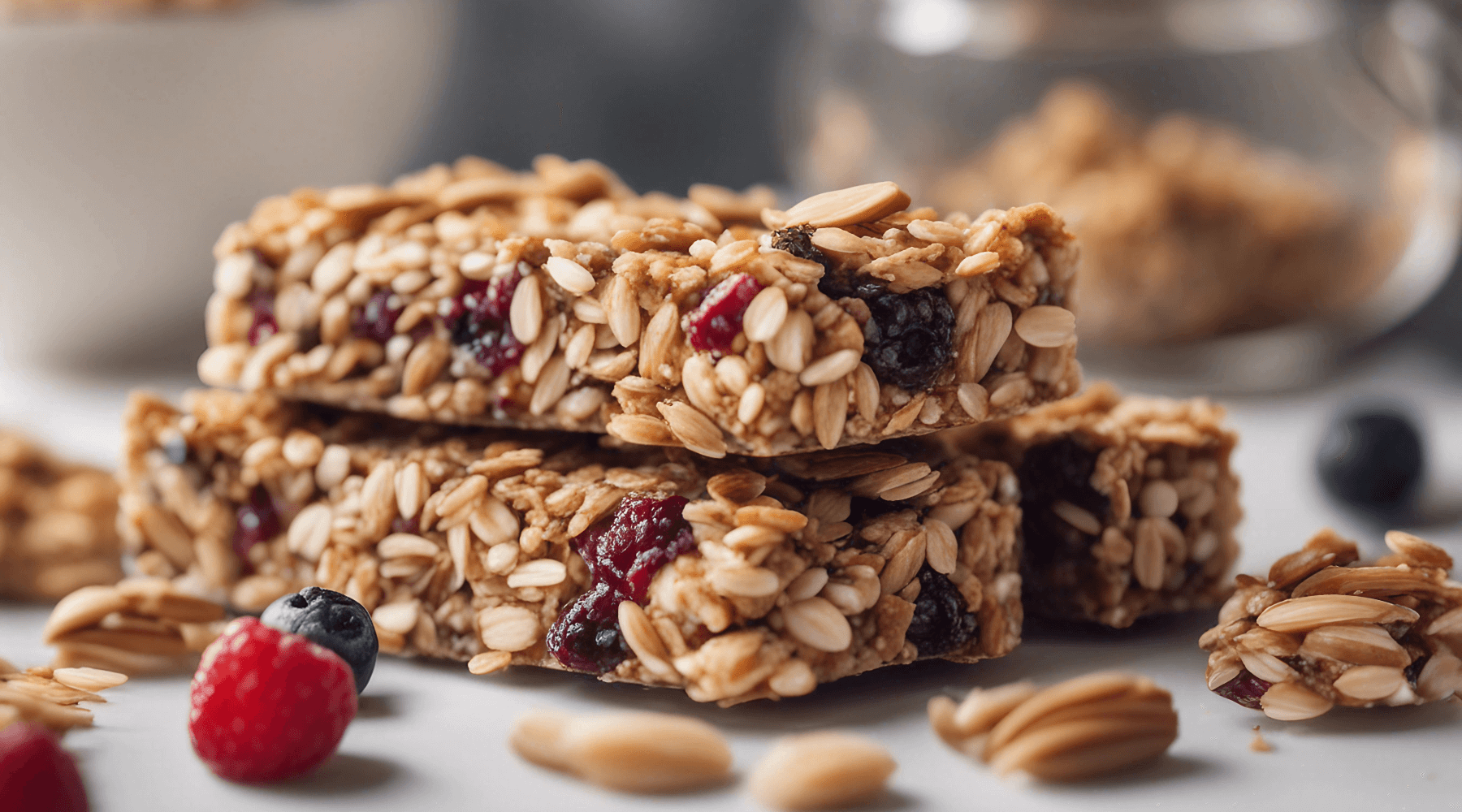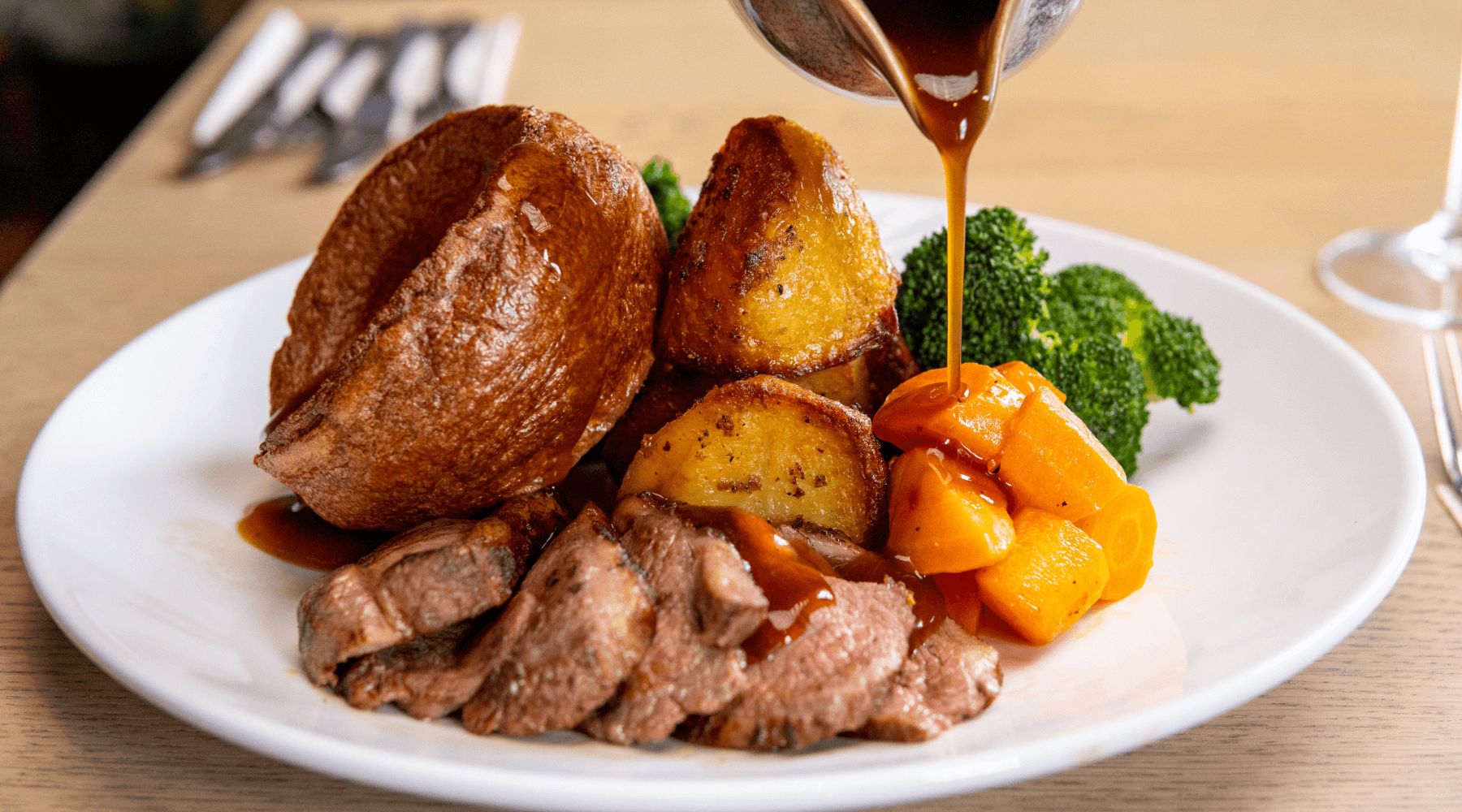When Will the Government Stop Treating Us Like Children?
Posted by Stelios on 9th Oct 2024 Reading Time:
Every day, we hear about another well-intentioned government policy to improve our health or guide us towards a better lifestyle. On the surface, these initiatives seem harmless, even helpful. But when you dig deeper, they feel more like overreach—well-meaning interventions that miss the mark.

I tasked Artificial Intelligence to show us what broccoli with Fish & Chips could look like, what do you think?
Take the recent case in North Wales, where NHS bosses requested that a local chip shop add fruit and vegetables to its menu. The aim, of course, was to encourage healthier eating and reduce obesity. But it's hard to imagine anyone visiting their local chippy, hoping for a simple, comforting meal of fish and chips, being swayed by the offer of a side of steamed broccoli or an avocado salad.
This is about more than just what's on the menu, though. It raises a much bigger question: Do we really need the government to dictate our choices when it comes to food? Are we not capable of making these decisions for ourselves?
Most of us would agree that we are. Yet, the increasing trend of government involvement in our everyday choices—what we eat, how we live—makes it feel like we're being treated like children who need constant guidance.
A Well-Intentioned But Flawed Approach
We've seen this approach before, particularly with the sugar tax. The idea was simple: tax sugary drinks to make them less appealing, especially to children, and reduce obesity rates (hint - it didn't work; childhood obesity has been rising). And while it's true that increasing taxes on cigarettes helped reduce smoking—a clear and known health hazard—it's a different story when it comes to food.
Food, unlike cigarettes, isn't inherently "good" or "bad." Sure, some foods are healthier than others, but who decides what's acceptable and what isn't? And more importantly, can we apply the same logic to something as complex as our relationship with food?
One of the real issues is hidden sugars in everyday snacks. Many of us remember the days when "low-fat" or "zero-fat" labels were plastered across products that were, in reality, packed with sugar. We didn't know any better then, but now we do. And yet, despite this, it feels like the government hasn't caught up.
Instead of adding more regulations, we need better labelling—clear, transparent information that empowers people to make informed decisions. We don't need the state making those choices for us.

These 'elevenses' look healthy, but are they?
The Cultural Shift
It's also important to recognise how much our eating habits have changed. British culture has shifted significantly since the 1970s, when we moved from the traditional "three square meals a day" towards a more snack-heavy lifestyle. Convenience, busy schedules, and the rise of fast food all played a role in this shift.
On the other hand, fish and chips have been around for over 160 years. It's a beloved part of our food culture, a meal people turn to for comfort and tradition. So, when we start focusing on what's available at the local chippy, we might be missing the bigger picture. The real issue isn't a lack of fruit and vegetables on the menu; it's the broader cultural shift towards convenience and hidden sugars in everyday foods.

Under new Ultra Food Processing plans, noodles will be UPF.
A Better Path Forward
I'm not saying that we shouldn't care about public health or the rising rates of obesity; far from it. But I believe there's a more balanced approach that respects people's ability to make their own choices while still providing the education and resources needed to make healthier decisions.
Instead of taxing foods or dictating what can be sold in small businesses, we should look at long-term solutions that genuinely help people. This could include making weight management treatments more accessible through the NHS and improving nutrition and exercise education.
Ultimately, we need trust—trust in the public to make informed decisions and our ability to choose what's best for us. The government's role, I believe, should be to provide us with the tools we need to live healthier lives, not to make those decisions for us.

Proper British food, Broccoli is okay here!
In closing, it's easy to see why policies like adding fruit and vegetables to a chip shop menu or taxing sugary drinks seem like good ideas. But when we look a little closer, we realise these solutions don't tackle the real issues.
Our relationship with food is personal, shaped by culture, habits, and choices. And while the government certainly has a role to play in promoting public health, it should be about empowering us with the correct information and resources—not treating us like children who need constant supervision.

